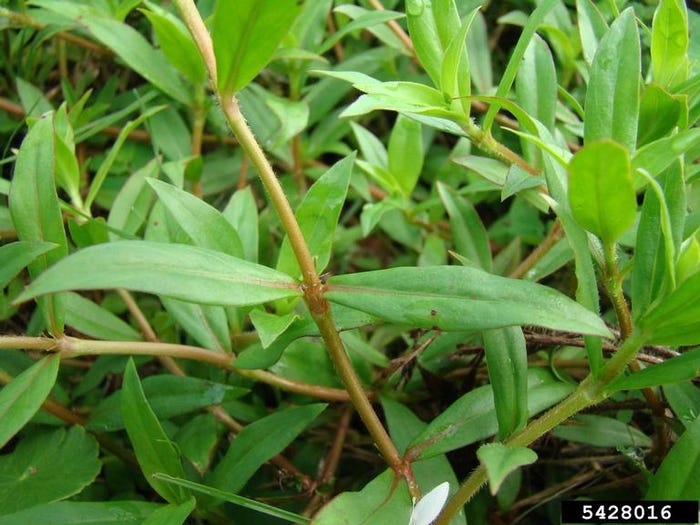Kristy Foster Seachrist and Winfield United agronomists
January 5, 2021
8 Slides

The Winfield United Agronomists gathered data from 8 states in the Midwest to tell us what they found in fields. In this gallery, the agronomists tell us the major weed problems in each state and how farmers worked to handle them. Take a look at the gallery for tips on what you might find in your fields in 2021.
About the Author(s)
Subscribe to receive top agriculture news
Be informed daily with these free e-newsletters
You May Also Like




